Churchill County Middle School (CCMS) has implemented a new Cell Phone and Smart Device Policy, effective immediately, to support a focused and distraction-free learning environment. The change aligns with both the Churchill County School District’s administrative regulations and the CCMS Handbook.
According to the policy outlined in the CCMS Handbook, students are permitted to bring cell phones to school, but must place them in a designated phone locker at the beginning of each class period. Phones may be retrieved only after the class is dismissed. Cell phones are not allowed for use during classroom instruction or any other instructional time. Personal device usage is limited to before school, after school, during transitions between classes, and at lunch or recess. Families who need to contact their student during the school day are asked to do so through the front office.
Principal Dr. Deana Porretta explained the importance of the update, noting that while personal devices can be useful tools, they also pose significant distractions through social media, messaging, and notifications. As a 1:1 district, all students at CCMS have access to a school-issued device for academic purposes, making the need for personal devices in class unnecessary. “This updated procedure promotes responsible use and helps maintain a productive classroom environment,” Porretta stated.
Under the new guidelines, students must place their phones in a classroom phone locker at the start of every class and may retrieve them once class is over. Personal devices may only be used before and after school, between classes, and during lunch or recess. Smartwatches must have notifications turned off. If a smartwatch becomes a distraction, it will be treated the same as a cell phone and subject to the same consequences.
Some exceptions are made for students with medical needs or accommodations. Students who have a 504 plan, IEP, or an approved administrative reason may keep a personal device on them to monitor health-related concerns, such as insulin levels for diabetes management.
The school will enforce the new policy using the district’s 4-Step Protocol. On a first offense, the student’s device will be confiscated until the end of the school day, and the parent or guardian will be notified. A second offense will result in the device being confiscated and require the parent or guardian to retrieve it. On the third offense, the same retrieval process applies, and a meeting will be held with the student and their parent or guardian to review the policy. For a fourth offense and beyond, the device will again be confiscated and must be picked up by a parent or guardian. The incident will be considered a major offense, and disciplinary action will be taken for insubordination.
Dr. Porretta emphasized that the policy is not intended to restrict communication between students and their families, particularly in urgent situations. “In urgent situations, please contact the CCMS office, and we will ensure your student receives the message promptly,” she said.
CCMS staff and administrators expressed their appreciation for families’ support in reinforcing the expectations. The school aims to maintain classrooms that are focused, respectful, and engaging environments for all students as the new school year begins.


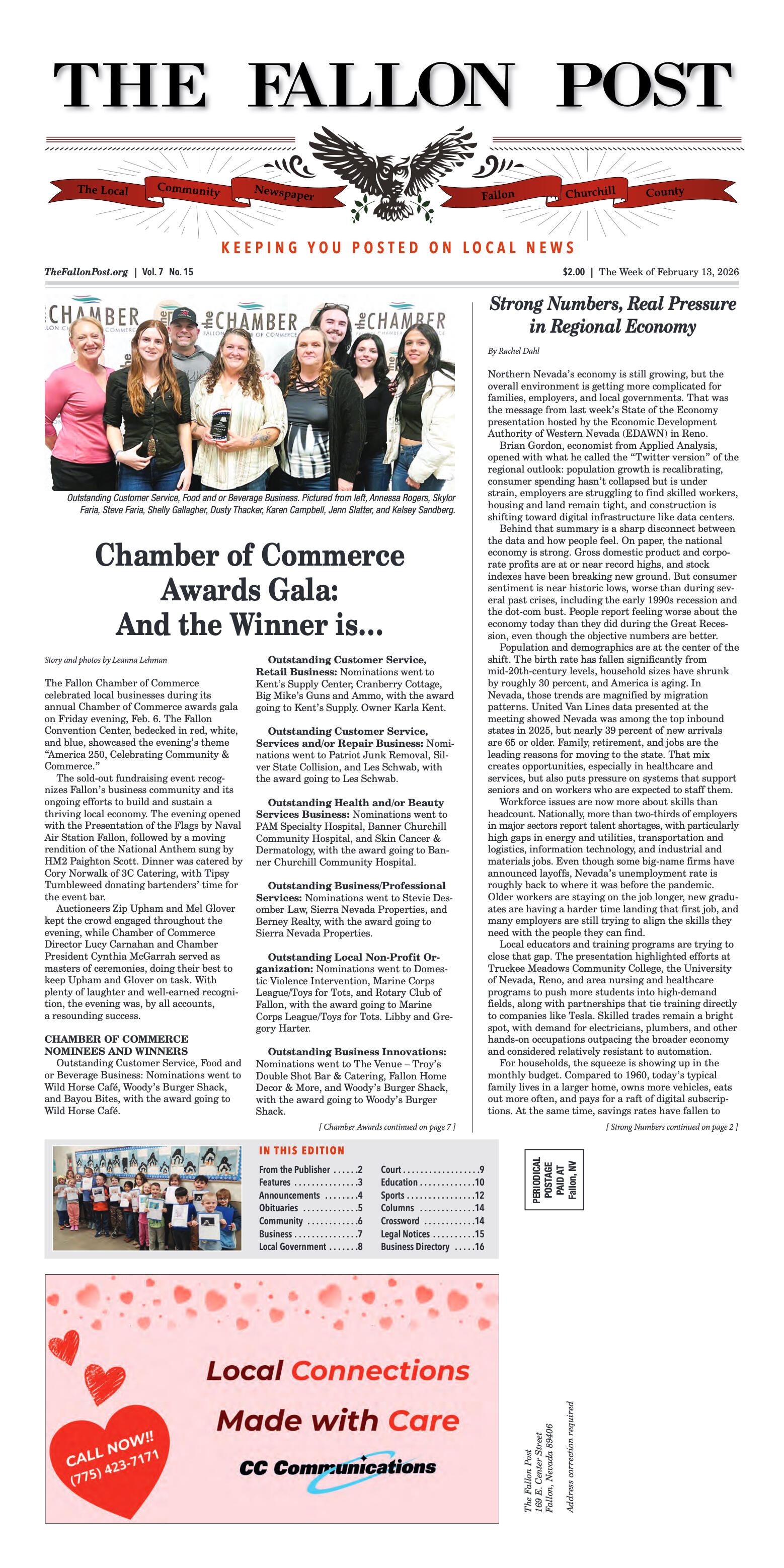
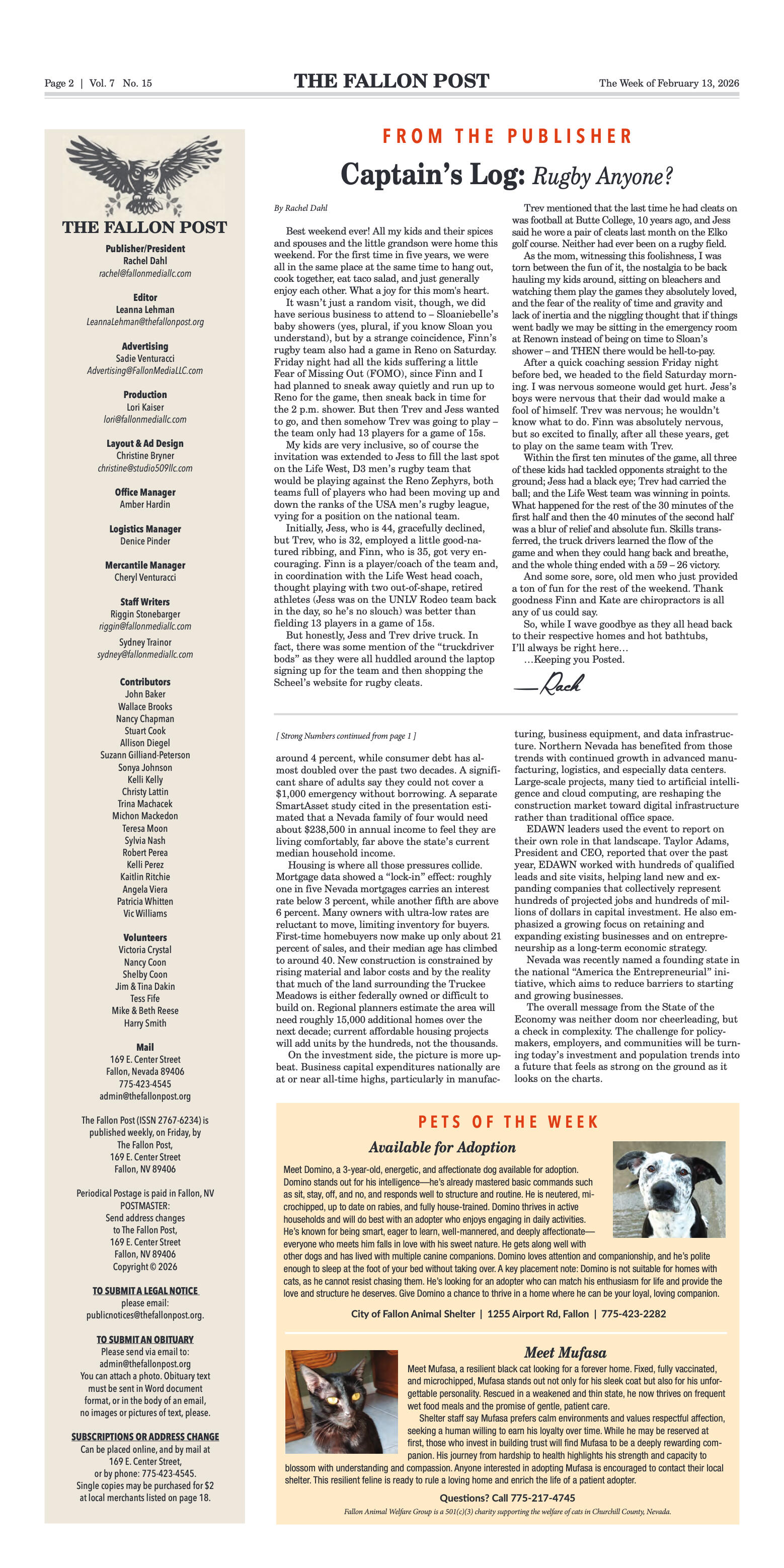
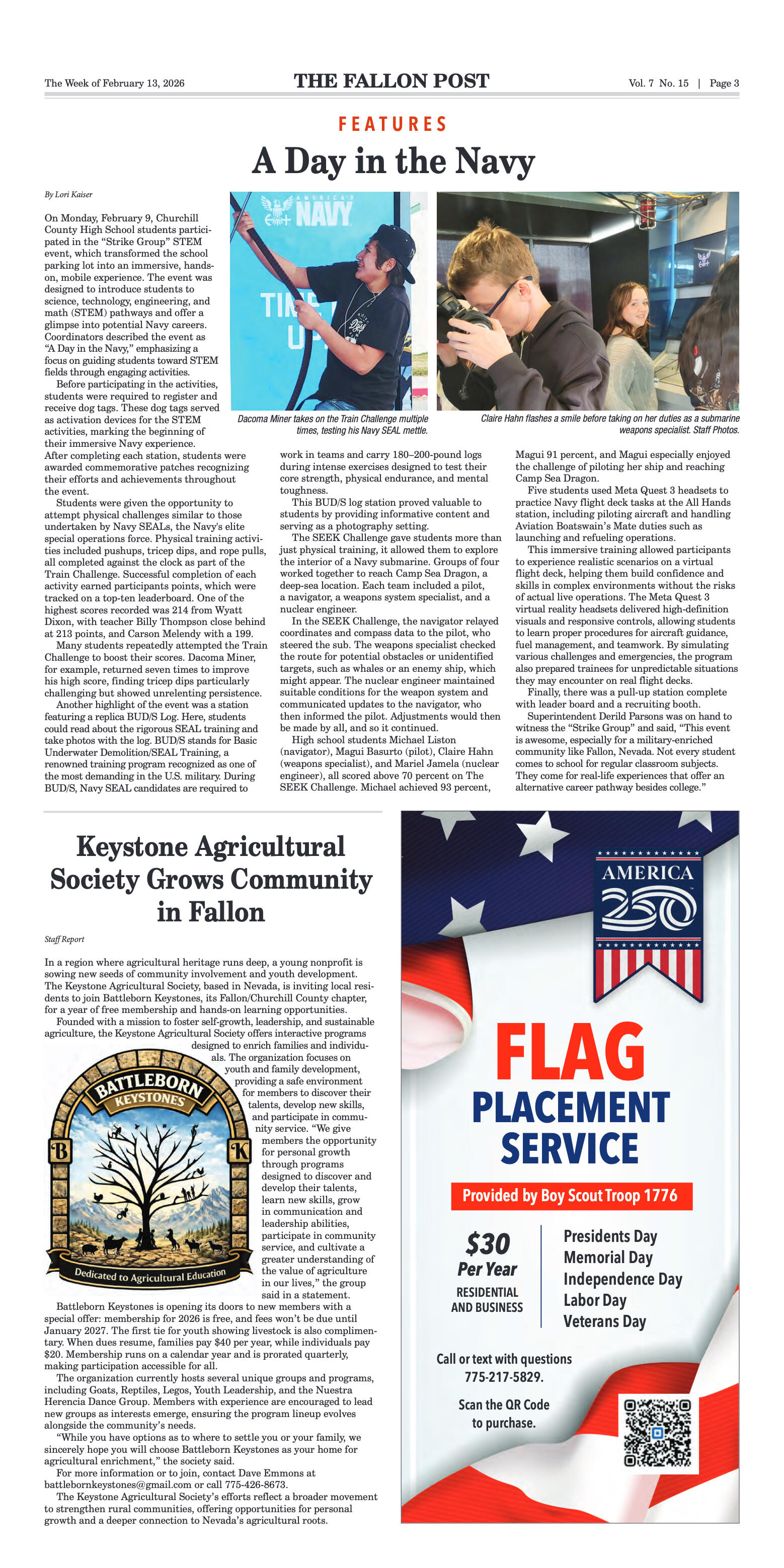

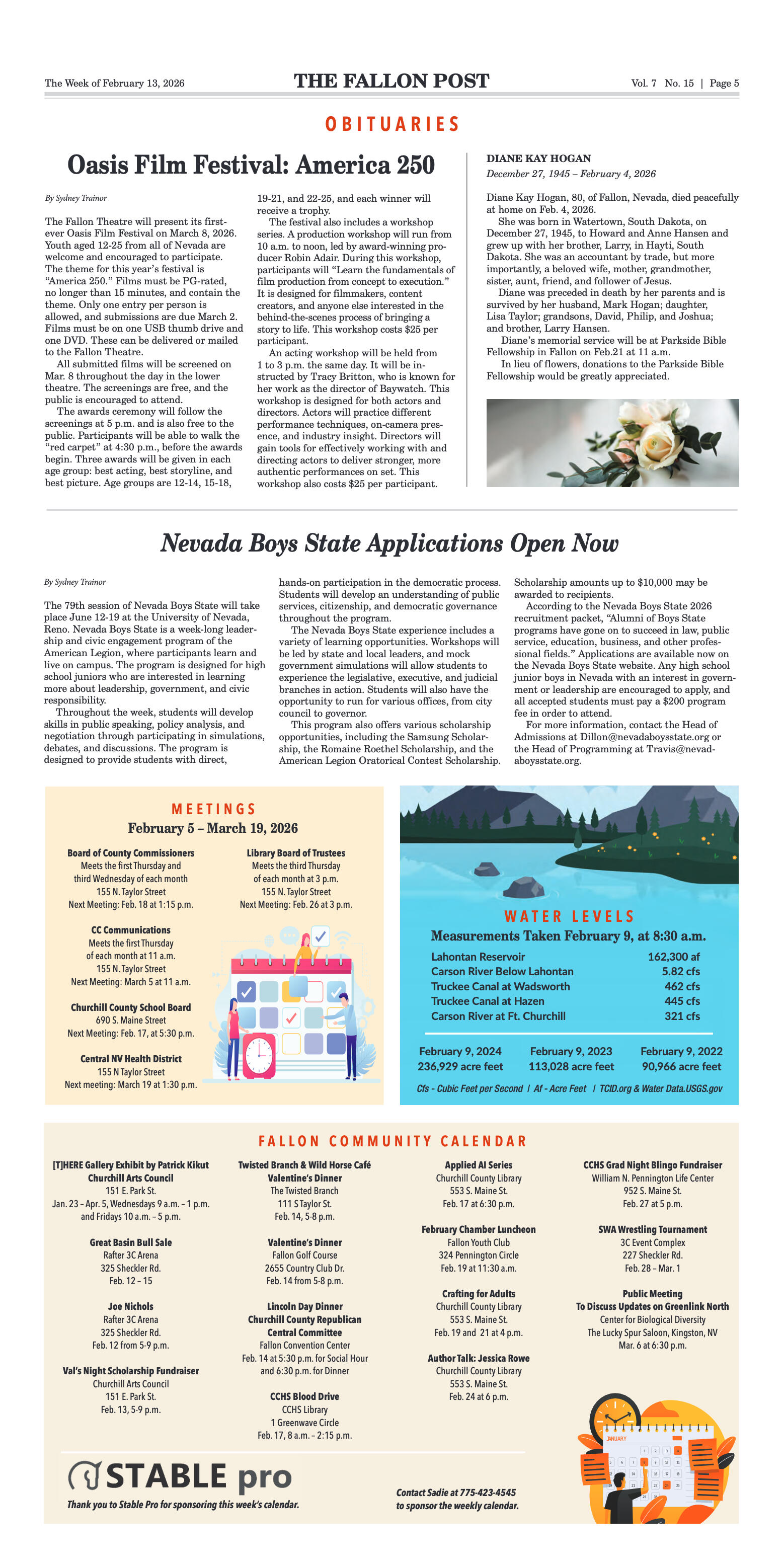


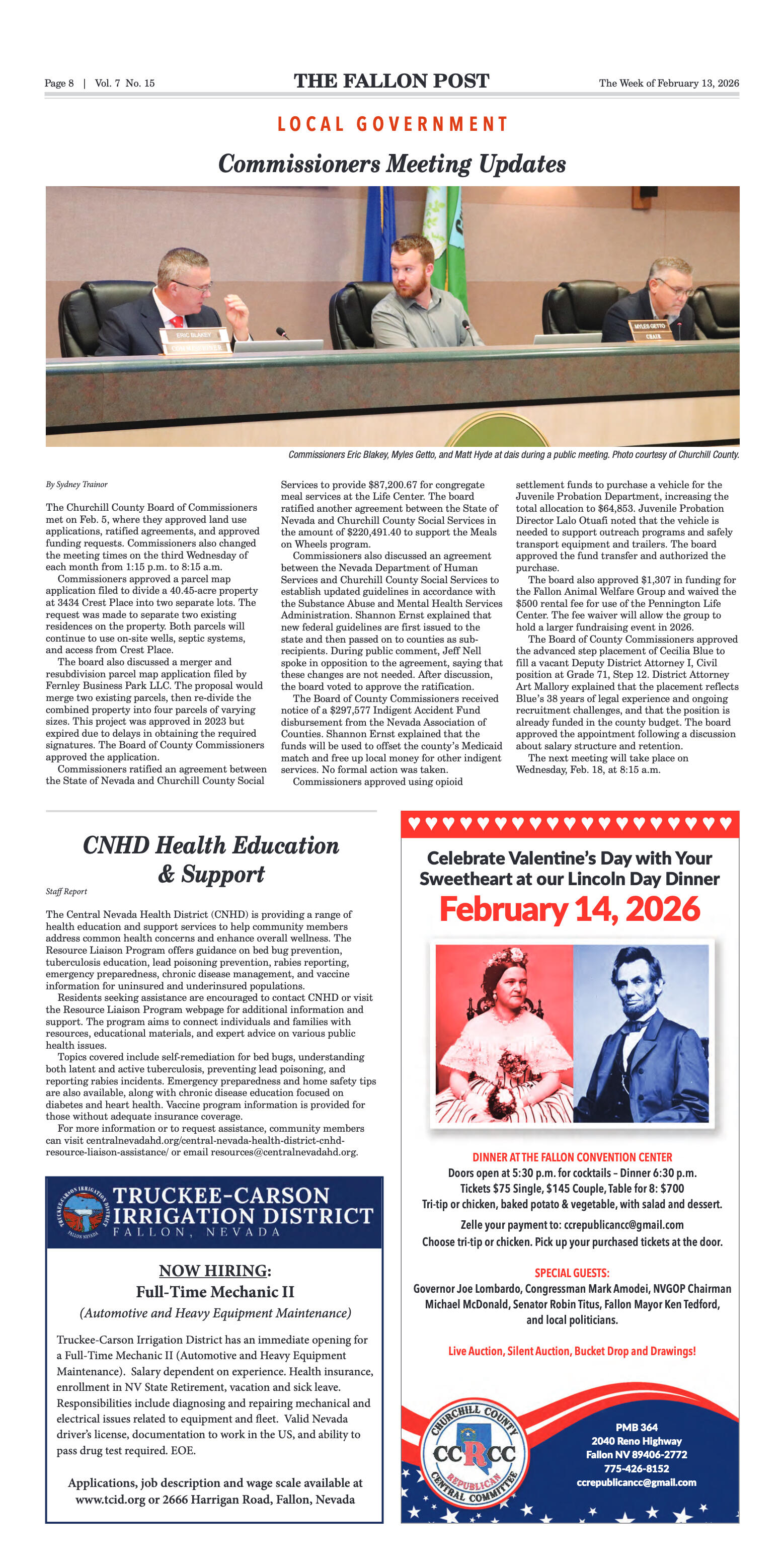
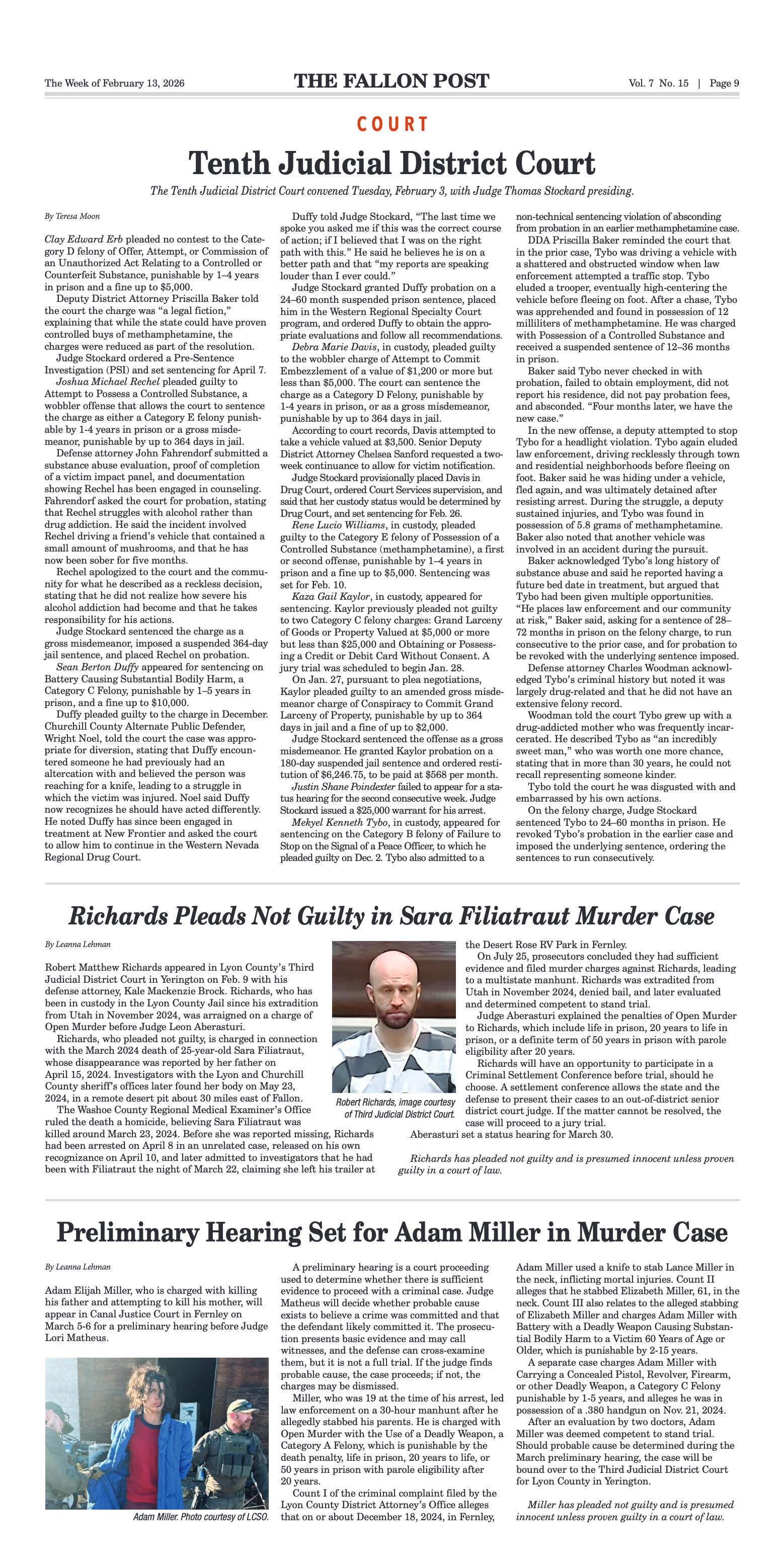
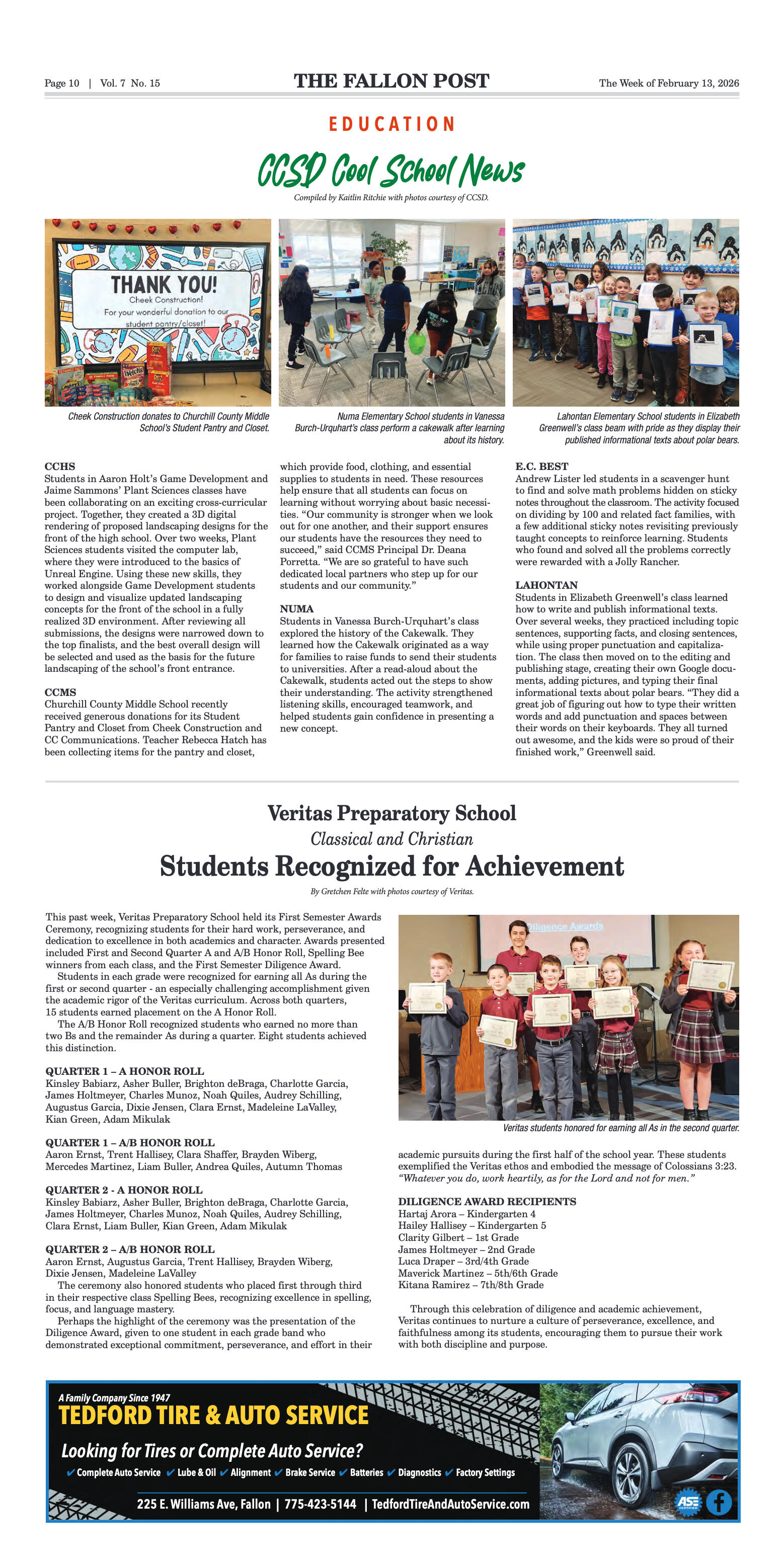
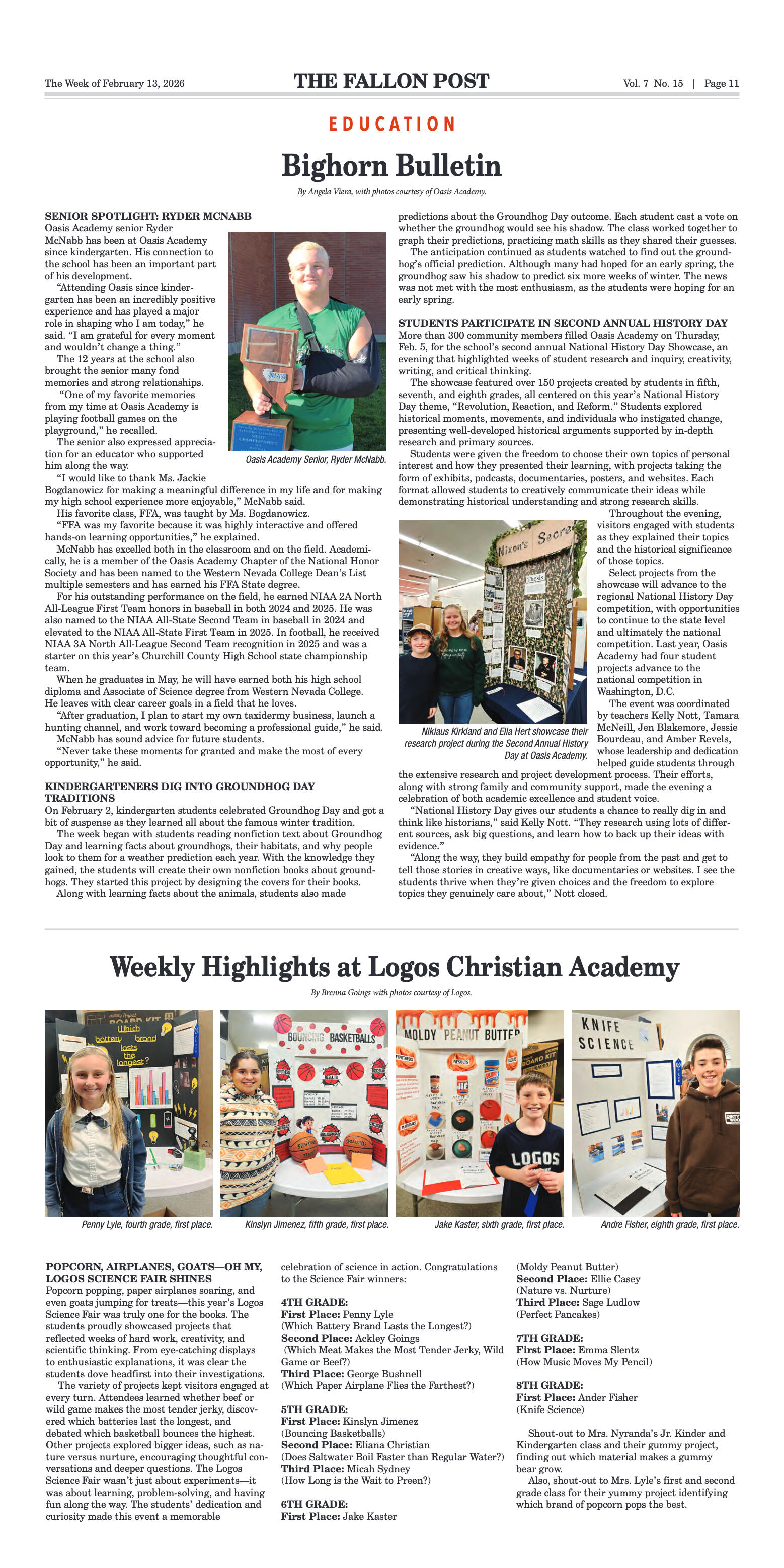


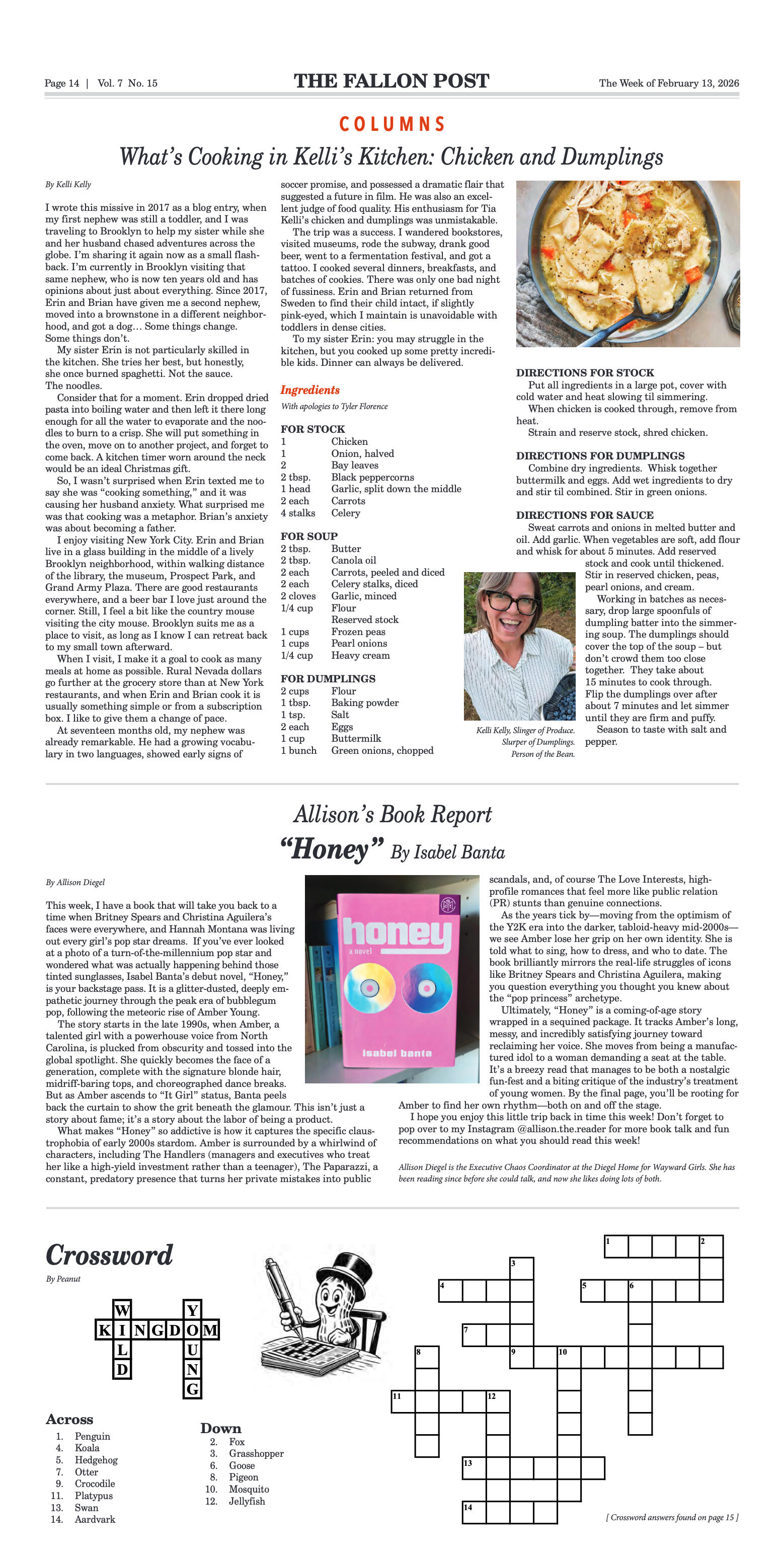
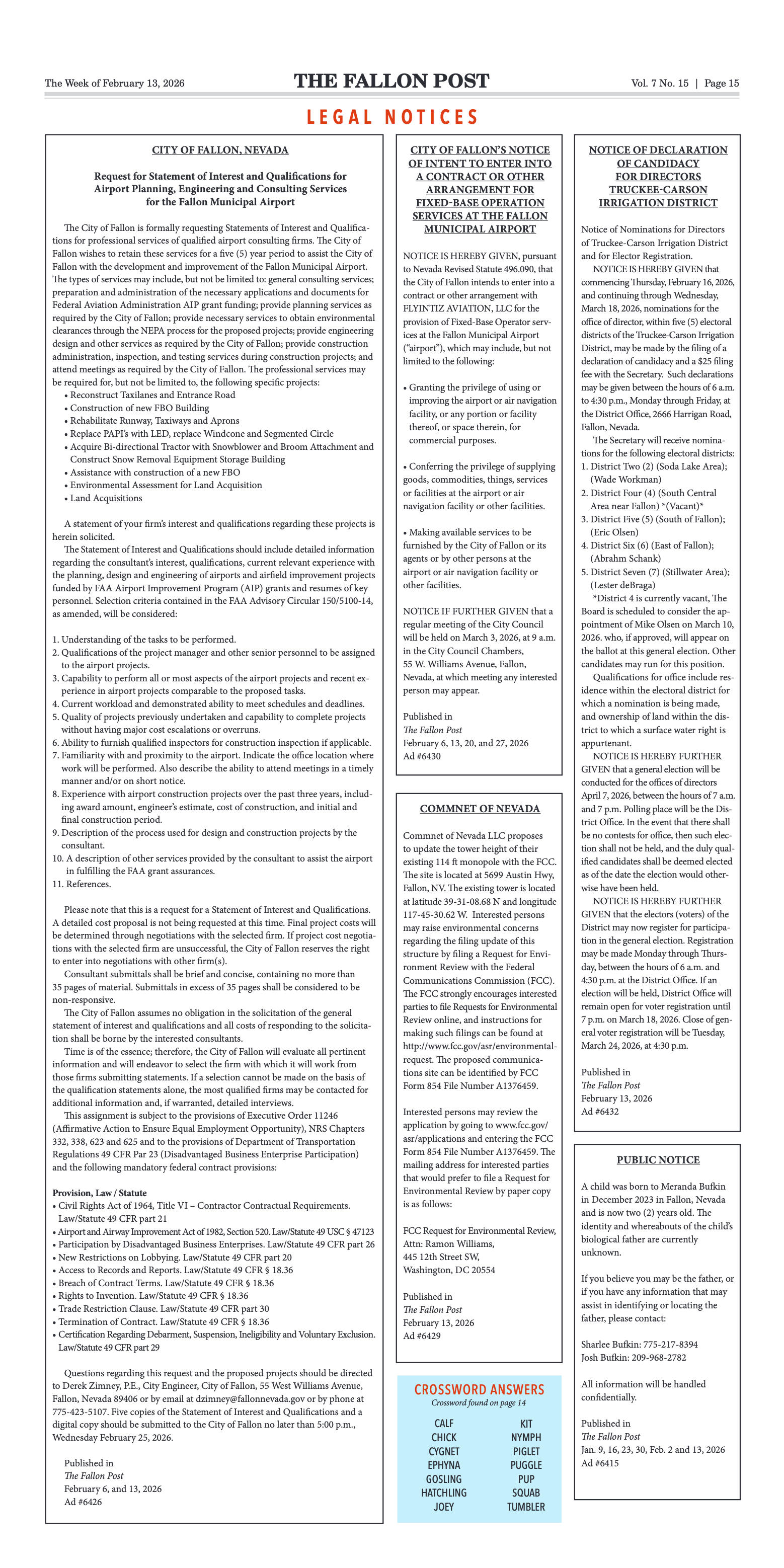






















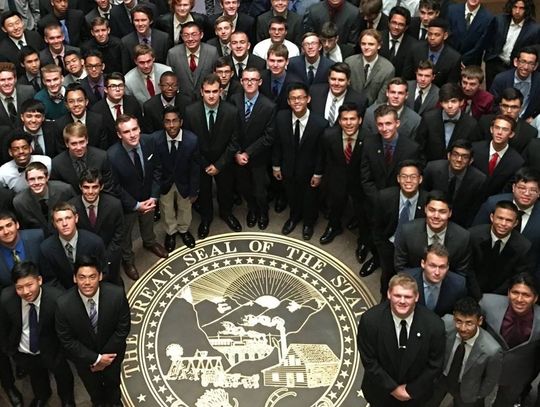





Comment
Comments